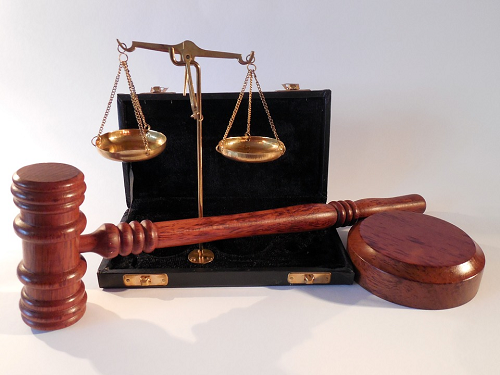Very few companies, if any, want to reach the point where they have to put together a case for a court of competent jurisdiction. This is very understandable, as this often means anything from a damaged reputation to substantial financial loss. Still, whether it’s a personal injury suit or a breach of contract, the right case strategy can really make all the difference, particularly if you have the right evidence.

So, if your company is facing a lawsuit, here are 3 tips on evidence for you.
Paper Trail
A comprehensive paper trail primarily acts as your legal compass, guiding you through communications and agreements. You want a tangible backbone establishing a solid timeline and concrete evidence to reinforce your legal position.
As you organize emails, create folders based on relevance and date to easily navigate through critical email exchanges. Then, store physical and digital copies in a secure and accessible location, so that you can find what you need when you need it.
Ultimately, this means you have a well-organized repository of evidence for a strategic advantage and a solid case.
Let’s say you’re in a contractual dispute. When you organize emails and file contracts, this means you can swiftly retrieve specific correspondences that validate the terms in contention. This streamlined process not only reinforces your narrative but also positions you better in legal proceedings.
Witness Statements
Witness statements inject credibility and diverse perspectives into your case, offering firsthand accounts that will counter opposing arguments and maybe even sway the court.
As you identify key witnesses, determine individuals with direct knowledge of the events in question so that you have a comprehensive representation. Then, you want to conduct interviews, approaching witnesses for detailed statements and prompting them to recount their observations or experiences as closely as possible.
This way you have a nuanced view of the situation, reinforcing your position in negotiations or courtroom discussions.
Imagine a workplace dispute within your company. Gathering statements from colleagues who witnessed pertinent interactions means you obtain valuable testimonials. As you do this, ultimately, you have a nuanced view of the situation that can more solidly back up your legal position.
Digital Evidence
In the digital age, electronic evidence really can be your virtual ally, crucial for establishing timelines and supporting the factual foundation of your case.
You want to capture screenshots and document digital information with visual proof of specific moments; as well as retrieve metadata and utilize information from digital files to verify creation and modification dates.
Ultimately, this means you have a concrete pillar in constructing and defending your case, with digital evidence playing a pivotal role.
Picture a scenario where a contractual obligation is questioned. Screenshots of digital communications and metadata from files mean you can validate the timing of exchanges, confirming adherence to deadlines or refuting inaccurate claims.
Evidence can make or break any case. If your business is in a legal dispute, use these tips as you contact legal representation.
Read Next: Here are the Best Recycle Bin Apps for your phone
